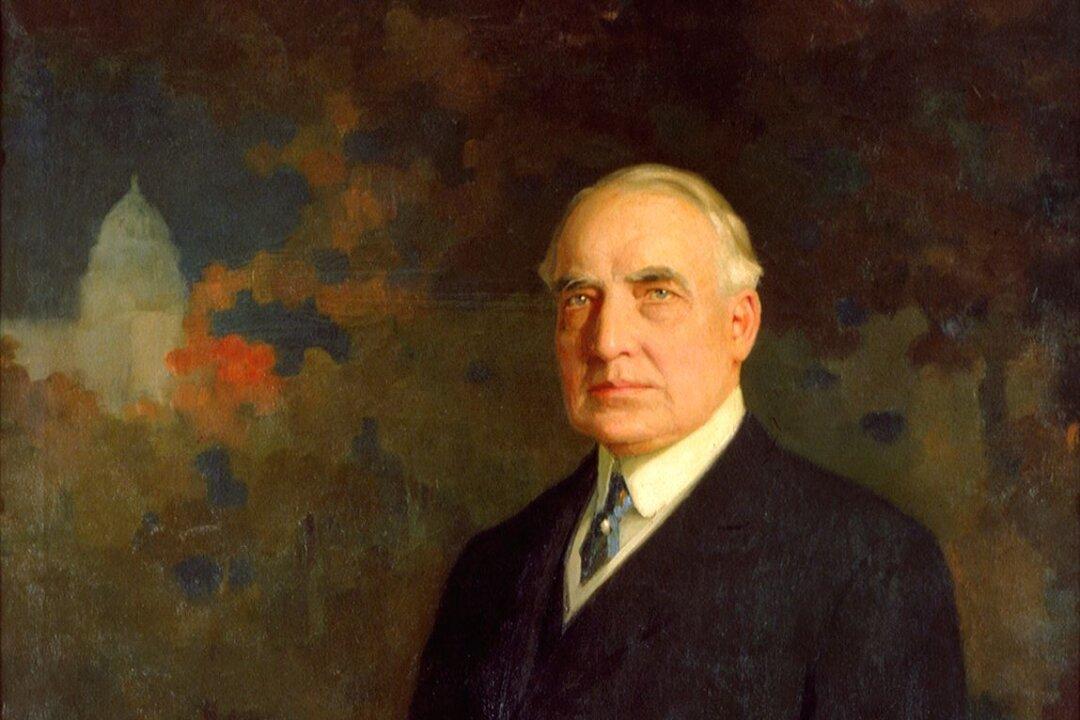When it comes to ranking presidents, Warren G. Harding’s name is typically found somewhere near the bottom. The conservative president who followed up the hyper-progressive administration of Woodrow Wilson is oft-remembered for the scandals that followed his untimely death in office. Ryan Walters, author of “The Jazz Age President: Defending Warren G. Harding,” makes the case that the scandals weren’t a result of his doing and that his name should move up the rankings toward the good, if not great, presidents.
The author lightly touches on Harding’s time as a senator from Ohio, but primarily focuses on the few short years of Harding’s administration and how he dealt with what he inherited from the Wilson administration.






